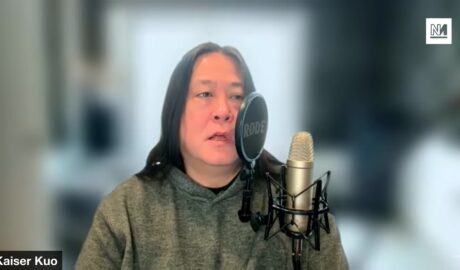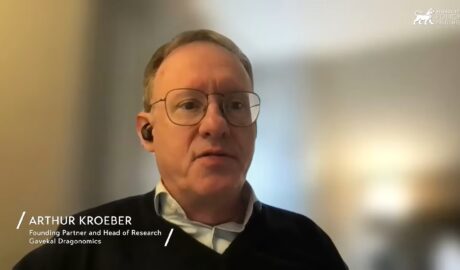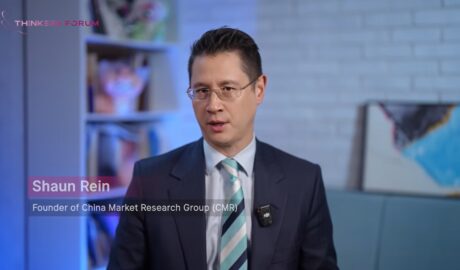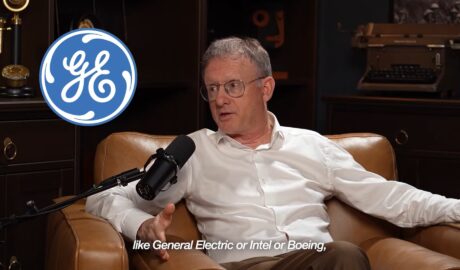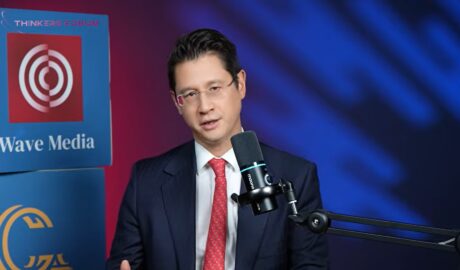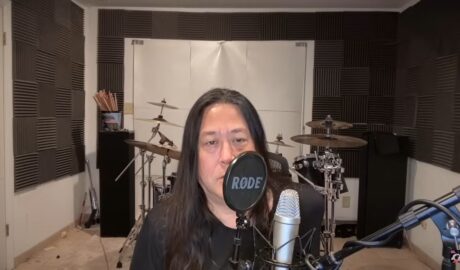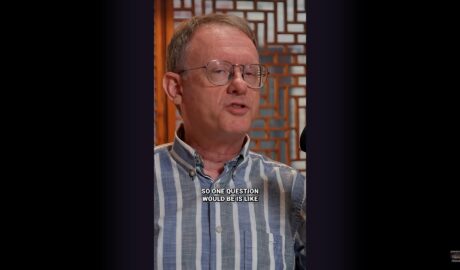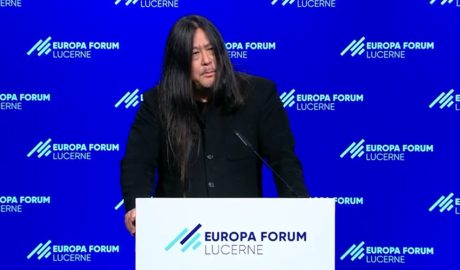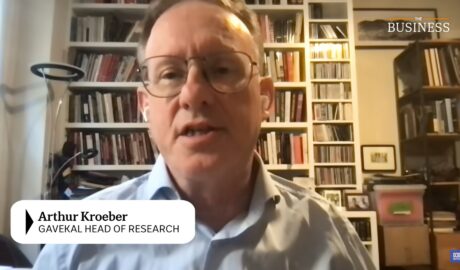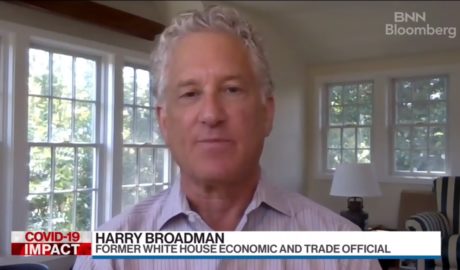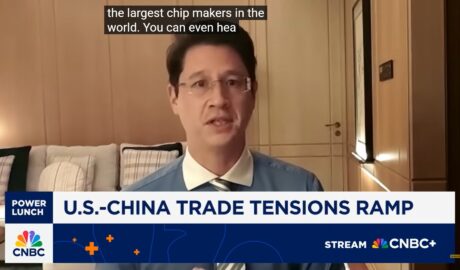How the West changed its view on China – Kaiser Kuo
Already in early 2025, China watcher Kaiser Kuo predicted Western leaders would change their view on how to deal with China and Xi Jinping. In a discussion on Novara Media, those Western leaders are queuing up to go to Beijing to restore relations they just a few years ago warned against. And where does Donald Trump fit into that change?Read More →

